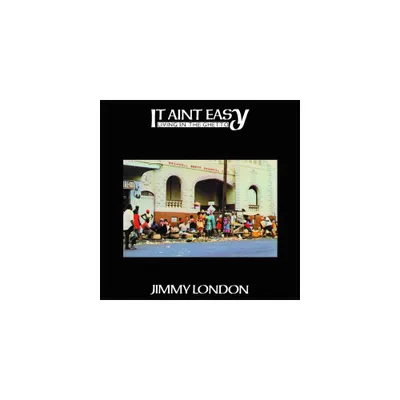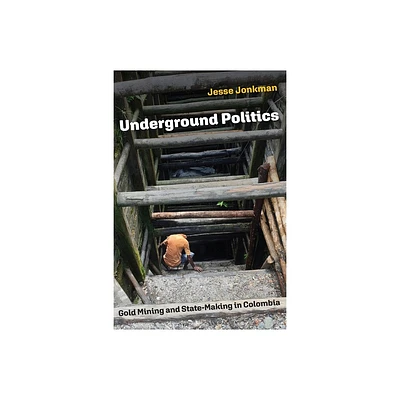Home
Living the Merry Ghetto: Music and Politics of Czech Underground
Loading Inventory...
Barnes and Noble
Living the Merry Ghetto: Music and Politics of Czech Underground
Current price: $210.00


Barnes and Noble
Living the Merry Ghetto: Music and Politics of Czech Underground
Current price: $210.00
Loading Inventory...
Size: Hardcover
*Product Information may vary - to confirm product availability, pricing, and additional information please contact Barnes and Noble
Living in the Merry Ghetto
reframes how people use music to build resistance. Author Trever Hagen addresses the social context of illegal music-making in Czechoslovakia during state socialism. He tells the story of a group of rock'n'roll musicians who went underground after 1968, building a parallel world from where they could flourish: the Merry Ghetto. The book examines the case of the Czech Underground and the politics of their music and their way of life, paying close attention to the development of the ensemble
The Plastic People of the Universe
.
Taking in multiple political transitions from the 1940s-2000s, the story focuses on non-official cultural practices such as listening to foreign radio broadcasts, seeking out copied cassette tapes, listening to banned LPs, growing long hair, attending clandestine concerts, smuggling albums via diplomats, recording in home-studios and being thrown in prison for any of these activities. Drawing on ethnographic interviews with Undergrounders, archival research and participant observation, Hagen shows how these practices shaped consciousness, informed bodies and promoted collective action, all of which contributed to an Underground identity.
reframes how people use music to build resistance. Author Trever Hagen addresses the social context of illegal music-making in Czechoslovakia during state socialism. He tells the story of a group of rock'n'roll musicians who went underground after 1968, building a parallel world from where they could flourish: the Merry Ghetto. The book examines the case of the Czech Underground and the politics of their music and their way of life, paying close attention to the development of the ensemble
The Plastic People of the Universe
.
Taking in multiple political transitions from the 1940s-2000s, the story focuses on non-official cultural practices such as listening to foreign radio broadcasts, seeking out copied cassette tapes, listening to banned LPs, growing long hair, attending clandestine concerts, smuggling albums via diplomats, recording in home-studios and being thrown in prison for any of these activities. Drawing on ethnographic interviews with Undergrounders, archival research and participant observation, Hagen shows how these practices shaped consciousness, informed bodies and promoted collective action, all of which contributed to an Underground identity.


















